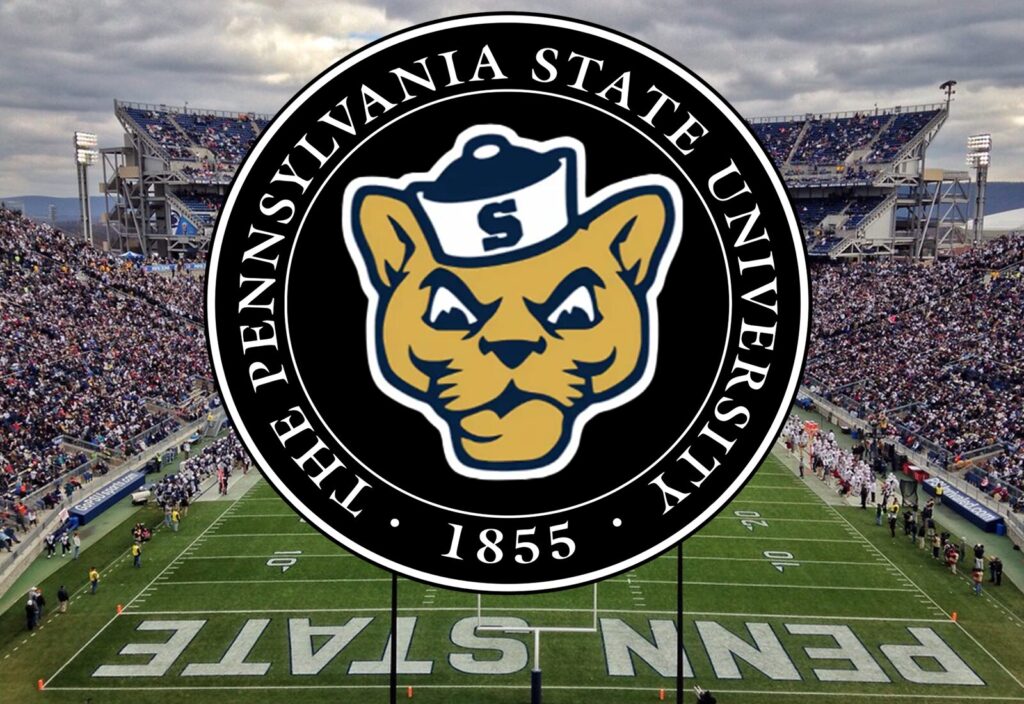Penn State University has emerged successful in a high-profile legal battle against online retailer Vintage Brand and Sportswear Inc., securing $28,000 in damages for unauthorized use of its vintage sports logos. This case, the first of its kind to go to trial (at least in the United States), underscores a critical issue in the sports merchandising industry: the enforcement of trademark protections for vintage and historic logos.
Why Trademark Protection Matters for Vintage Logos
Sports teams and universities invest significant resources into building their brands, and Penn State is certainly no exception. Logos, mascots, and other symbols evoke deep emotional connections for fans and serve as critical revenue streams through licensed merchandise. For institutions like Penn State, ensuring that these trademarks are not misappropriated is vital not only to maintaining brand integrity but also to safeguarding the loyalty and trust of their supporters.
Penn State’s case highlights the risks of unlicensed merchandise flooding the market. When entities like Vintage Brand use these historic marks without authorization, it can dilute the value of the original trademarks, create consumer confusion, and undermine the legal protections institutions rely on to control how their brand is represented.
A Test Case with Broader Implications
At its core, this case addressed whether third-party companies could legally use vintage logos without permission under the guise of artistic or historical value. The jury’s decision upheld the status quo: trademark owners like Penn State retain the right to control their marks’ use, even in vintage or retro contexts.
Had the defendants prevailed, it could have set a concerning precedent, opening the floodgates for unlicensed use of protected logos across the sports industry. The ramifications would have been significant, potentially weakening the ability of universities and professional teams to enforce their intellectual property rights and maintain their brands’ exclusivity.
Lessons for Institutions and Sports Teams
This verdict sends a clear message to trademark owners, particularly sports teams and universities, about the importance of proactive trademark management. Here are key takeaways for organizations looking to protect their vintage and historic logos:
- Trademark Registration Is Crucial: Ensure that all logos, old and new, are registered with the appropriate authorities. Vintage logos, even if no longer being actively used, can still be valuable assets.
- Monitor Unauthorized Use: Regularly monitor marketplaces, both online and offline, for counterfeit or unauthorized products bearing your trademarks. Tools like automated search systems and legal partnerships can make this process more efficient.
- Enforce Your Rights Consistently: Take action against unauthorized use, even for smaller violations. Consistent enforcement strengthens your case in larger disputes and helps deter future infringements.
- Educate the Public: Clearly communicate your rights as a trademark owner. For example, licensed merchandise should include disclaimers or official seals to help consumers distinguish legitimate products from counterfeit ones.
What Fans and Consumers Should Know
As fans, supporting your favorite team or school often includes purchasing merchandise. However, this case serves as a reminder to ensure you’re buying officially licensed products. Doing so not only helps your team financially but also protects the integrity of the logos and symbols you love.
Conclusion
Penn State’s courtroom victory is more than a legal win—it’s a testament to the enduring importance of protecting the symbols that define our sports and cultural heritage. For institutions, enforcing trademark protections for vintage logos isn’t just about dollars and cents; it’s about preserving the legacy, identity, and authenticity of their brands for future generations.
























